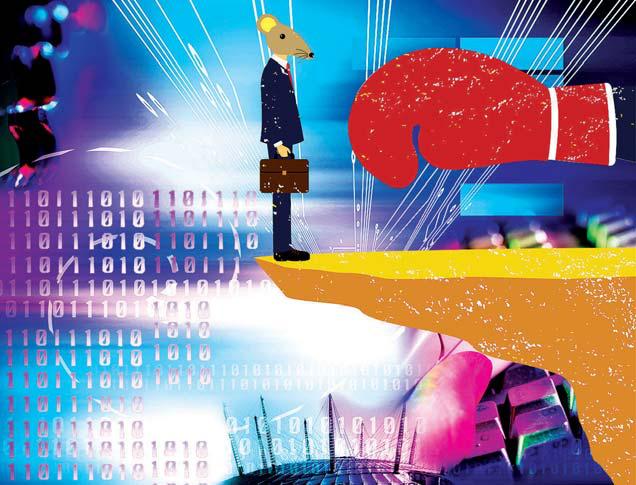Big Tech, Big Layoffs, No Big Deal

In the last two years, Amazon, Meta, Twitter, have been poster-kids for aggressive upscaling. They invested in new ideas and experiments, anticipating exponential growth due to Covid-fuelled demand. Amazon’s headcount doubled to 1.6 million and Meta’s grew by 55%, between 2019 and 2021. This post-Covid push on technology was fuelled by significant liquidity and near-zero interest rates sustained by central banks, especially in the US.
But its growth potential was shortlived, necessitating steep course corrections, including layoffs, redeployment of investments, and sharpening the number of bets on new initiatives. But though these hyperscalers have let thousands of people go, they have still grown at 23% year-on-year since 2019.
With demand tepid after interest rates were raised to curb inflation and absorb liquidity, companies are feeling the pinch. Their margins have reduced. So, conservatism will prevail for the foreseeable future, with a global recession expected to play out in the first half of 2023.
Companies will play safe
In such a recessionary scenario, the layoffs will have a ripple effect across the ecosystem, with new technology-intensive companies the most impacted. Aerospace, automotive, and industrial companies were more cautious in their approach to growth, and are now in a decent position to ride through the slowdown without drastic measures.
Even companies with a conservative outlook will take drastic measures if the recession hits:
この記事は The Times of India Mumbai の November 25, 2022 版に掲載されています。
7 日間の Magzter GOLD 無料トライアルを開始して、何千もの厳選されたプレミアム ストーリー、9,500 以上の雑誌や新聞にアクセスしてください。
すでに購読者です ? サインイン
この記事は The Times of India Mumbai の November 25, 2022 版に掲載されています。
7 日間の Magzter GOLD 無料トライアルを開始して、何千もの厳選されたプレミアム ストーリー、9,500 以上の雑誌や新聞にアクセスしてください。
すでに購読者です? サインイン
